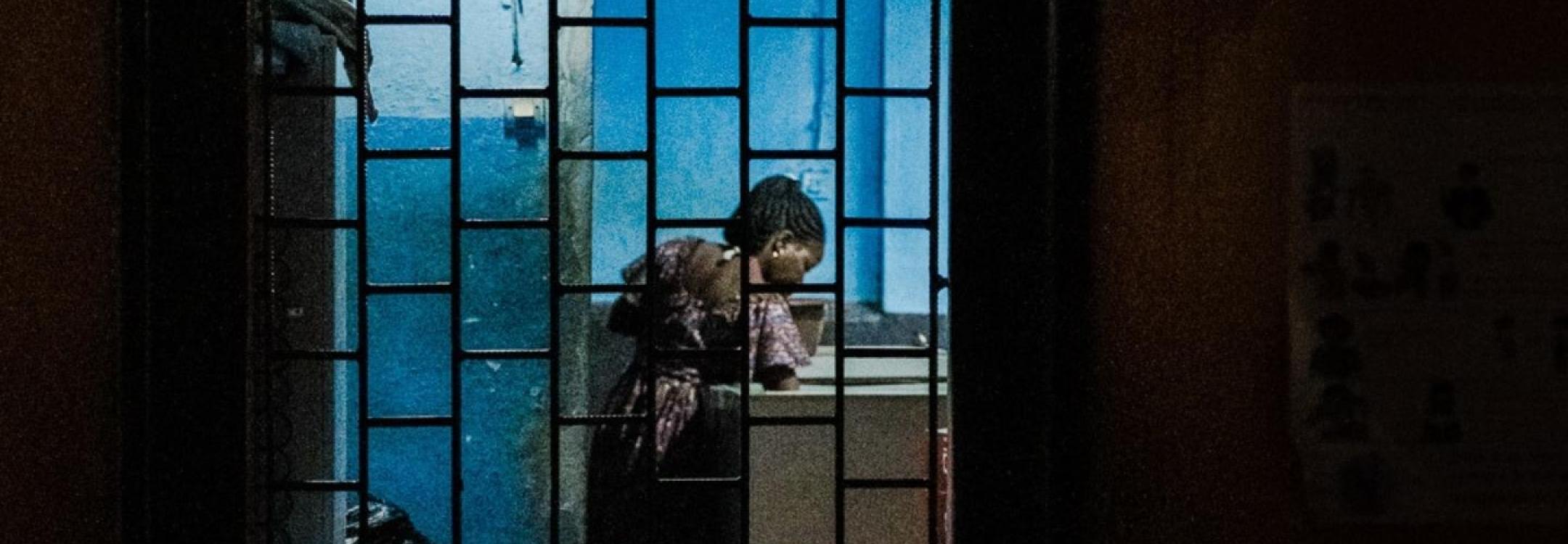
Magistrates, judges, public defenders and other justice actors in Panama recently gathered during a national seminar to reflected on the impact of structural discrimination on Afro-descendent people in Latin America, as well as on their role as agents of change within the criminal justice system.
The national seminar - a first of its kind for the APT - was organised by the Gender Unit of the Judiciary of Panama and the APT, and aimed to create a space for reflection, dialogue and awareness-raising on the impact of structural discrimination toward Afro-descendant people within the criminal justice system.
As noted by the UN Committee on the Elimination of Racial Discrimination, "racism and structural discrimination against Afro-descendant people is rooted in the infamous regime of slavery and is evident in the situations of inequality that affect them". Likewise, the Inter-American Commission on Human Rights has noted that the historical legacy of slavery, terror, marginalisation and exclusion has had a permanent impact on the full enjoyment of human rights, including in relation to over-policing.
The national seminar provided a unique opportunity to share different perspectives from various sectors of society. Civil society organisations shared the experiences of young Afro-Panamanian people and the stigma and discrimination they encounter that places them at heightened risk of police violence and deprivation of liberty.
Professor Juan Méndez, member of the United Nations International Expert Mechanism to Advance Racial Justice and Equality and former UN Special Rapporteur on Torture, provided a keynote presentation exploring the link between racial discrimination and the risk of torture.
In addition, representatives from the National Mechanisms for the Prevention of Torture of Brazil, Costa Rica and Uruguay described their work of monitoring the situation of young Afro-Panamanian deprived of liberty.
“We know structural changes to address structural discrimination takes time, long-term interventions, resources and perseverance,” said APT Senior Adviser for Latin America and Oversight, Sara Vera López. “However, judges have the potential to identify and challenge these discriminatory patterns of policing. They can also ensure appropriate and prompt reparation for all victims of violent police conduct.”
In a submission to the International Expert Mechanism on Racial Justice and Equality, the APT compiled a powerful body of evidence demonstrating that Afro-descendant people in Latin America are subjected to selective detention based on racial profiling, unjustified police surveillance, negative interactions with the police and disproportionate arrest rates, leading to their over-representation in the criminal justice system.
“These conversations are a starting point to link knowledge to action so judicial actors can use their position to tackle the impact of dangerous biases, especially racism, that have become embedded in police culture and other powerful institutions,” Ms Lopez said